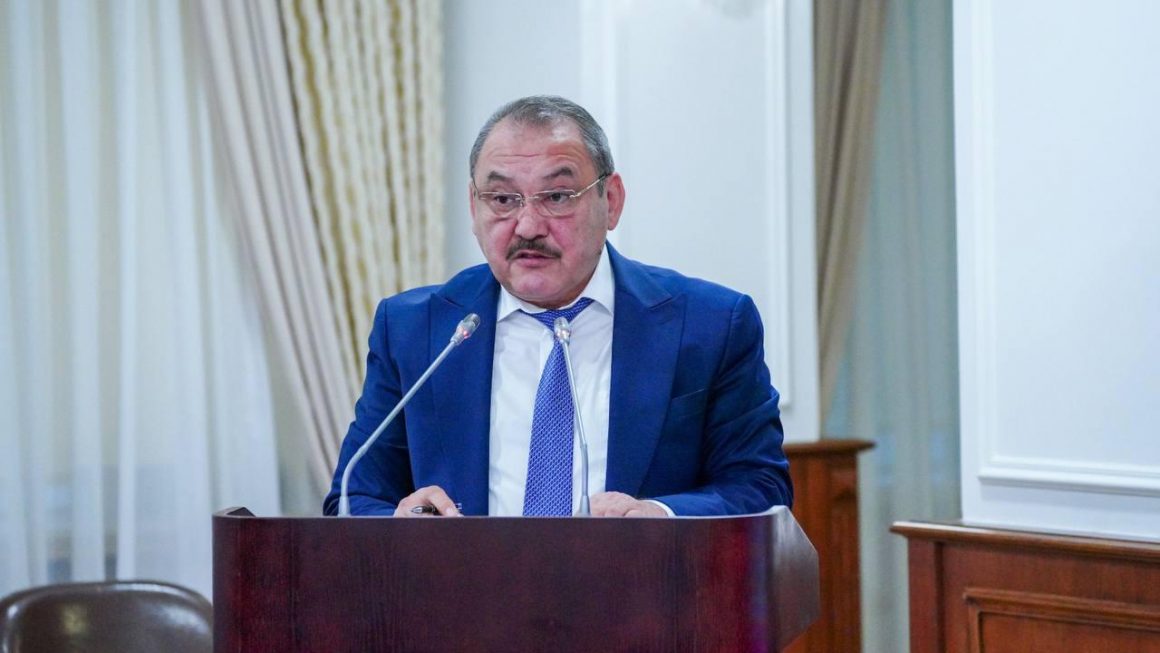The Government of the Republic of Kazakhstan has approved the Concept for the Management of All Types of Waste for 2026–2030. The document was developed in accordance with the instructions of the President to improve the country’s environmental situation and is aimed at creating a modern, efficient, and transparent waste management system.
Vice Minister of Ecology and Natural Resources Zhomart Aliyev presented the key approaches of the Concept. He outlined the results of the work completed during its development, highlighted the strategic directions and principles underlying the Concept, and described the next steps for implementing the proposed measures.
The Concept was developed by the International Center for Green Technologies and Investment Projects (IGTIC). Its primary goal is to establish a sustainable waste management system based on the principles of a circular economy and supported by innovative and digital solutions.
The Concept includes key areas such as updating and maintaining the register of historical waste, establishing a National Waste Management Center, developing a unified digital platform for waste management, and strengthening the system of environmental education and public awareness.
The document addresses the current challenges in the sector: unreliable waste accounting, the absence of a unified regulatory framework, low levels of municipal solid waste recycling, insufficient infrastructure for food and construction waste, and the lack of economic incentives for recycling for businesses.
The main measures of the Concept include a comprehensive inventory of waste and an update of the State Cadastre, mandatory registration of all waste generators and digitalization of the sector, harmonization of legislation and strengthened responsibility of waste owners, tariff revisions, tax incentives, development of the EPR system, and the establishment of modern recycling infrastructure.
A total of 60 projects have already been approved under the concessional financing mechanism, 22 of which have received funding. The construction of three waste-to-energy plants is planned in Astana, Almaty and Shymkent.
The targets of the Concept include achieving 100% waste inventory (excluding radioactive waste), increasing the share of industrial waste reused or recycled by 10%, and reducing the share of municipal waste sent to landfills by at least 10%.
The development of the Concept is being carried out with the support and financing of Bank RBK JSC. The Asian Development Bank provided expert assistance. The implementation of the document will modernize existing infrastructure, enhance the investment potential of the sector, and create a transparent and environmentally safe waste management system in the country.


